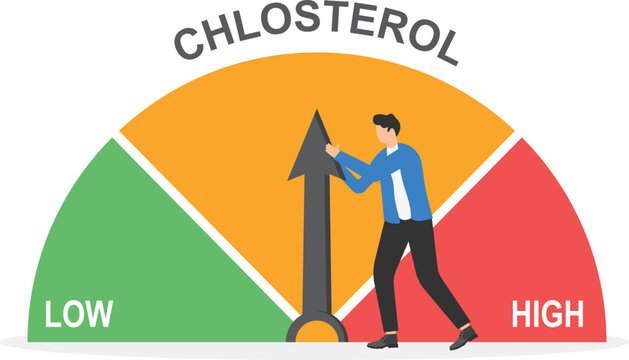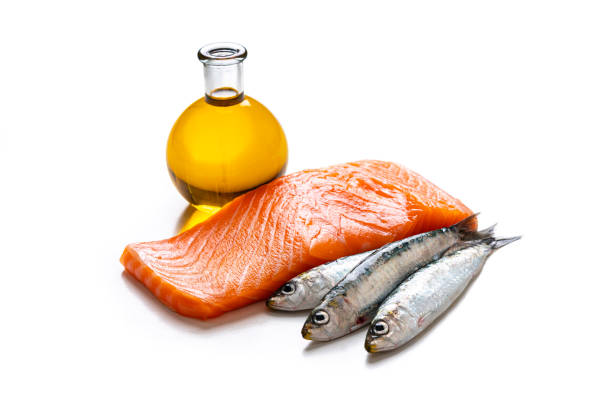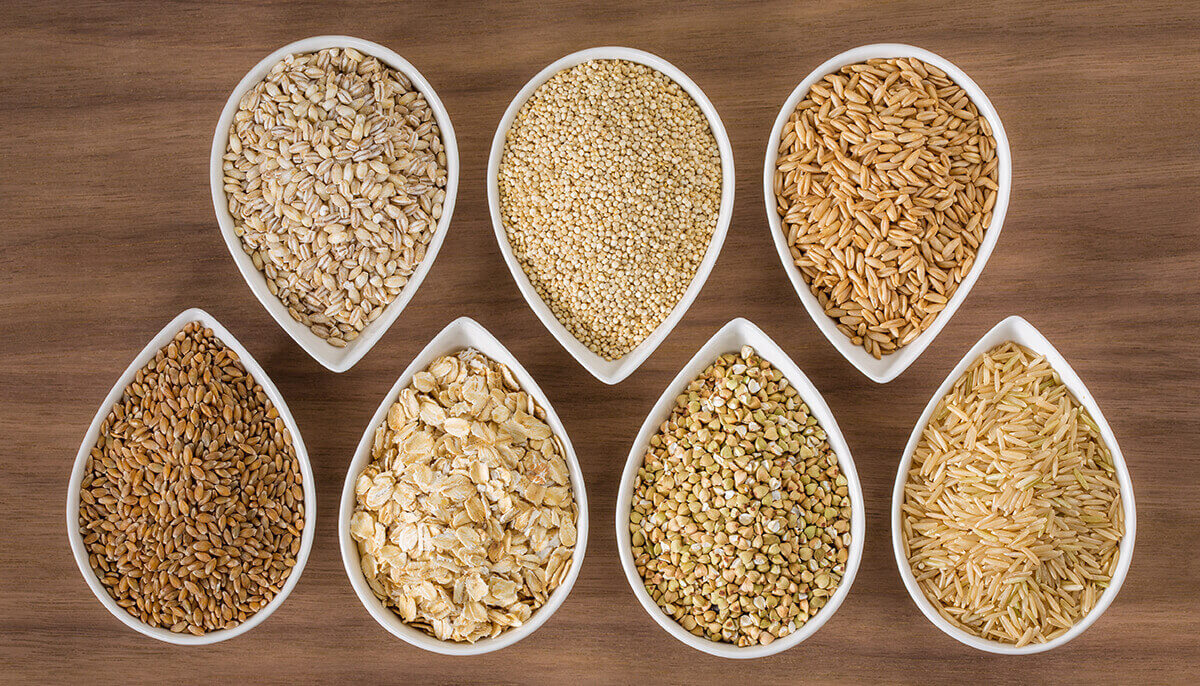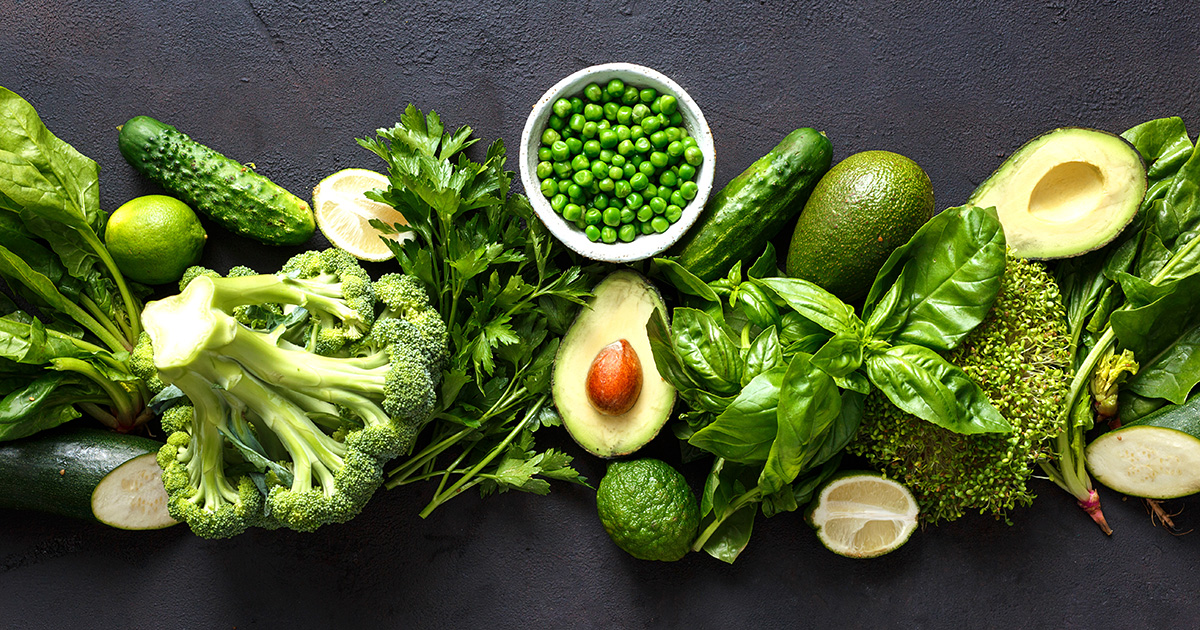
With the type of diet common nowadays, it’s very easy to eat your way to a high cholesterol level. It plays a major role in the development of atherosclerosis, or the hardening and narrowing of the arteries, which in turn raises your risk of heart attack and stroke. Eating the right foods can help you lower your cholesterol and improve your heart health. Read on to learn about six foods that lower cholesterol!
Despite the popular media and “expert” narrative, we need not fear cholesterol-rich foods as much as we do. Cholesterol-rich foods or dietary cholesterol do not play a significant role in raising blood cholesterol levels as much as saturated fats and trans fats do.
For most people, dietary cholesterol only has a modest impact on their blood cholesterol levels, but for others, blood cholesterol levels rise and fall very strongly in relation to the amount of cholesterol they eat. This is largely influenced by your genetics and other lifestyle factors such as diet, physical activity, and demographics.

Instead of focusing on lowering your dietary cholesterol intake, it is important to reduce the consumption of saturated fats and avoid trans fats. Lowering cholesterol becomes easy when you know what foods to choose. The key is to eat foods rich in unsaturated fats, fiber, and other nutrients that help lower cholesterol.
Here we discuss 6 versatile food options that you can include in your diet to lower cholesterol.
Fatty Fish
Fish like salmon and mackerel are great sources of omega-3 fatty acids. Omega-3 fats are essential fatty acids, as they are not produced by our body. Eating foods rich in omega-3 helps lower LDL (low-density lipoprotein) cholesterol, or “bad” cholesterol, present in our blood. Too much LDL increases the risk of heart disease and stroke by damaging or restricting blood flow through them. Omega-3 also reduces triglyceride (a type of fat molecule) levels in your blood. Excess triglycerides in the blood can cause symptoms like excess weight gain, pancreatitis, or inflammation of the pancreas.

Whole Grains
Whole grains have all parts of the grain intact, which provides them with more vitamins, minerals, plant compounds, and fiber than refined grains. Like barley and oats, whole grains contain beta-glucan, a soluble fiber that helps lower LDL cholesterol and the risk of heart disorders. Additionally, oat consumption is linked to a 5% reduction in total cholesterol and a 7% reduction in LDL cholesterol.

Avocado
Avocado is a nutrient-rich fruit containing monounsaturated fats and fiber, which help lower total cholesterol, LDL cholesterol, and triglyceride levels in the body. This can help reduce the risk of high cholesterol and heart disorders. Other fruits like apples, grapes, and strawberries are also great substitutes, as they are rich in pectin (a soluble fiber) that lowers LDL.

Soy
Soybeans and other soy products are a rich source of polyunsaturated fats and dietary fibers, among other nutrients and bioactive compounds. Soy foods are well-known for their cholesterol-lowering properties, which reduce the risk of cardiovascular diseases as a result. It achieves this by lowering total blood cholesterol and LDL levels, especially in high-cholesterol patients.

Nuts
Nuts, especially almonds and walnuts, are a rich source of unsaturated fatty acids, fiber, and other nutrients that help lower LDL levels. As a result, this reduces the risk of heart disease. Nuts also contain phytosterols. These plant compounds are structurally similar to cholesterol and help lower cholesterol by blocking its absorption in the intestines. Studies have found that eating nuts regularly reduces cardiovascular disorders by 30%.

Vegetables
Diets consisting of vegetables contain plant compounds that help reduce LDL cholesterol and risks relating to heart disease and stroke. Some vegetables, like eggplants, okra, carrots, and potatoes, are rich in soluble fiber called pectin, which has LDL-lowering properties. Dark leafy greens also help lower cholesterol levels by binding to bile acids, which makes the body excrete more cholesterol. Dark leafy greens, such as kale and spinach, contain lutein and other carotenoids, which lower the risk of heart disease. Additionally, lutein can help lower levels of oxidized LDL and prevent cholesterol from binding to artery walls.

Read about the importance of cholesterol for your health, here!
Conclusion
Thus, being more aware of our dietary choices will help lower cholesterol. This will also lower the risk of heart disease and strokes. In general, one needs to focus on eating foods that help lower LDL cholesterol and triglycerides and increase the levels of HDL cholesterol in the body. It is also important to limit the intake of saturated fats and trans fats in our diet. According to the National Institute of Nutrition, the recommended intake of saturated fats should be around 8% to 10%, and trans fats should be less than 1% of your total calorie intake.
Disclaimer: If you’re suffering from high cholesterol, consult your doctor before making any dietary modifications for more targeted recommendations.


.png)


